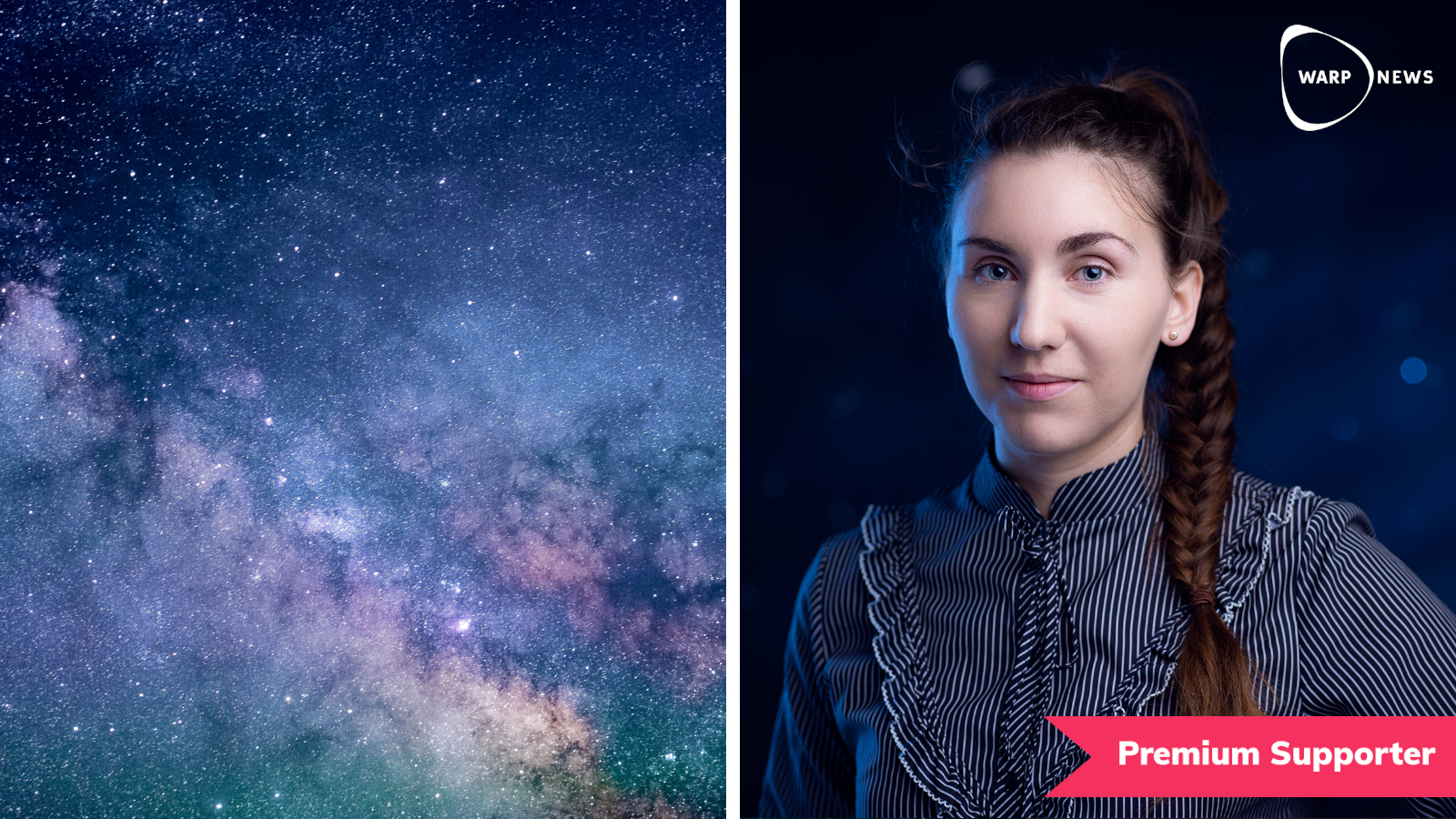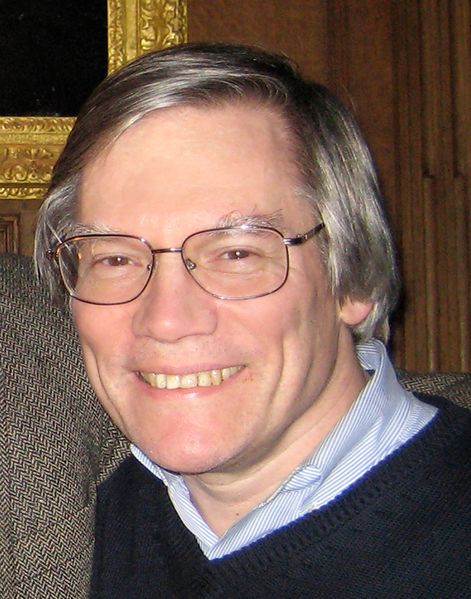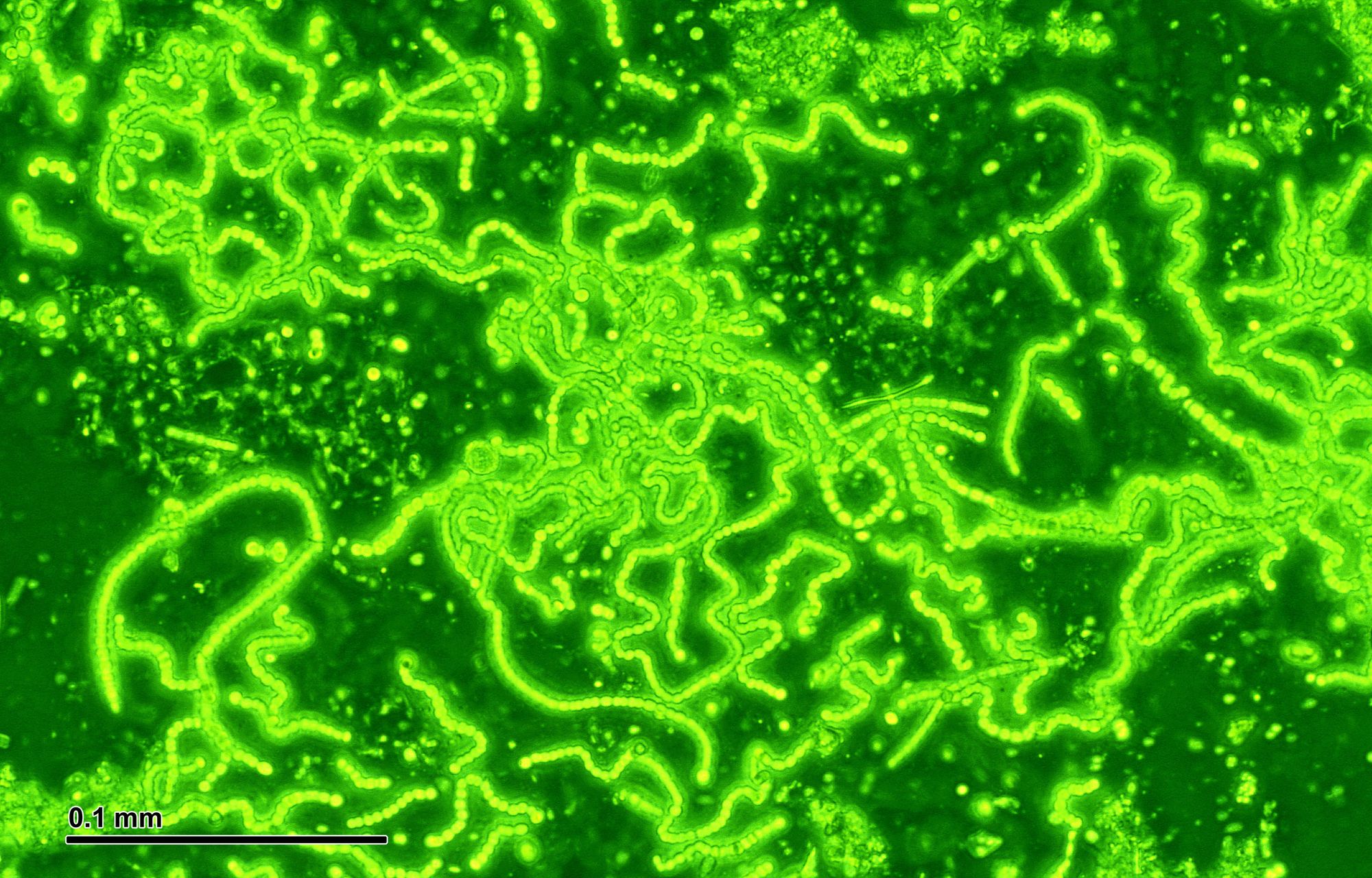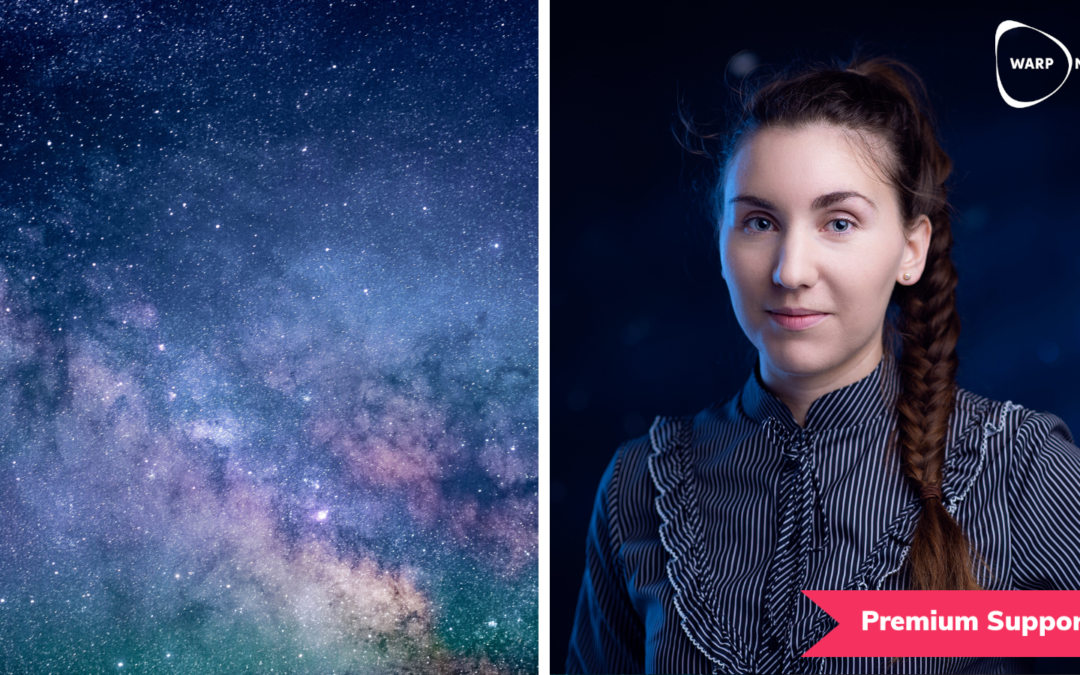
The fine-tuning in physics is a kind of creak that does not disappear no matter how much lubricant is used in mathematics. It's a creak because it makes theories vulnerable. It was thought that at least a part of it disappeared when the Big Bang got a complementary theory – but as it turned out, it reappeared like an unwanted weed on the lawn of cosmology.
In the 1980s, physicist Alan Guth created the theory of inflation. It is not about economic inflation or even cosmic inflation as the average person knows it. It is about the whole universe expanding at a rapid pace in its birth without losing density. It replaces the Big Bang to some extent.
When the theory was created, it made a success in the field because several of the mysteries surrounding the universe's properties were explained, such as why the universe is flat and why the temperature in the universe is the same everywhere. Hence, some of the fine-tunings that were associated with the Big Bang also disappeared in one swoop. Even today, most researchers accept the inflation theory, even though it has been modified many times since the 1980s.

But it would turn out that Alan Guth's theory also contained fine-tuning. Other variants are said to eliminate the fine-tuning, of which perhaps the most referred to is inflation based on string theory. But still, you can not say that the creak is certainly gone …
As presented by Alan Guth, the inflation theory was that everything started with about a gram of matter in a state of "false vacuum," which then underwent an enormous expansion and doubling of its size. As it expands, parts break down through what is called "quantum tunneling" into an infinite number of bubbles of universes containing an ordinary vacuum. These bubbles, in turn, also undergo expansion.
The details of this theory aren't important in this text. The point is what is called "fine-tuning." In Guth's version and others, the Higgs field needed to be of a very specific character for the expansion to occur. If the Higgs field had been deviating, it would have meant 0 number of universes, but since everything was just right, we got an infinity instead. But what way be even worse is that some scientists suggest that the fine-tuning we are seeing demands fine-tuning even in the initial conditions of the inflation.
Fine-tunings are noticeable in many other places in physics. Max Tegmark mentions several in his book "Our mathematical universe." For example, the amount of dark energy – if it were higher, no galaxies could be formed, and if it were lower, our universe would not keep expanding. There are similar fine-tunings at the particle level. For example, he mentions that if protons were 0.2 percent heavier, they would decay, and thus there would be no atoms.
There are fine-tunings in our biological history. The reason we have oxygen in our atmosphere is due to a bacterium called cyanobacteria. Without them, which were the first organisms to use photosynthesis, we would not have any oxygen.

What does all this say? It says that we live because we live in a universe that makes it possible to live. The opposite is not conceivable, of course. But there is still something incredible in the thought of all the millions of small tweaks required for us to experience this Tuesday or Friday. It is easy to understand why it irritates researchers.
Fine-tuning = multiverse?
The multiverse theory that follows from the inflation theory, where all small bubbles become their own universes, says that all conceivable fine-tunings that can exist will exist, and thus life will also necessarily exist. Can inflation theory thus remove the strangeness of fine-tuning? Or put another way, can the fine-tuning actually say something about the probability of multiverse? There is no answer to that yet, but a vibrant conversation is going on.
Some reason that if something is true, some observations will be more likely. If there are a huge number of universes, it is more likely that some of them will be fine-tuned. Because we can observe our fine-tuning, this means that the multi-universe hypothesis is true. But others argue differently, such as the scientist Roger White, who believes that our finely tuned universe is not at all proof that there are many others.
In response to those who believe that living in a finely tuned universe would be less surprising if there are many universes, he responds with the analogy of being shot in the woods. If you are out for a walk in the woods and get shot, it is truly surprising, and it would be less surprising if you were among a large crowd of people. But according to White's reasoning, it is still about as unlikely that you will be shot in a mass as before, given that the shot was fired randomly. And there is no reason to believe that you are amongst a crowd.
The mathematician Nick Bostrom is one of those who have considered the multiverse theory and believes that fine-tuning suggests that it is true. He believes that we should think about ourselves and our observations as if we are a randomly chosen agent studying a fairly typical universe. Thus, our observations, where the fine-tuning is included, would be typical.

Repulsive gravity
But the multi-universe theory does not explain the seemingly first, formative fine-tuning that enabled a small amount of matter to undergo inflation. But is it then possible to imagine a scenario where no fine-tuning was needed? Some people think so. But, personally, I think you can look at the physical laws as a fine-tuning. It is, in fact, the strange ability of gravity to also act in the other direction, that is, repulsive, together with properties of quantum physics, that allowed the formation of the universe, according to Guth. Versions of the inflation theory where no fine-tuning is said to be required work much like a game where the rules of the game allow someone to win regardless of the game's outcome. But it is, of course, possible to imagine a game where the rules of the game prevent anyone from winning or makes winning is extremely unlikely.
The realization that everything may have started with a grandiose fine-tuning, which made the difference between an infinity of life and an infinity of nothing, is also an insight of optimism. Because it's nice to look up and be showered by the light of a variety of stars, it gives an insight about you and me and that somewhere, in the beginning, conditions existed, even though they did not have to, which necessarily led to you having to exist, and necessarily having to read this article.





